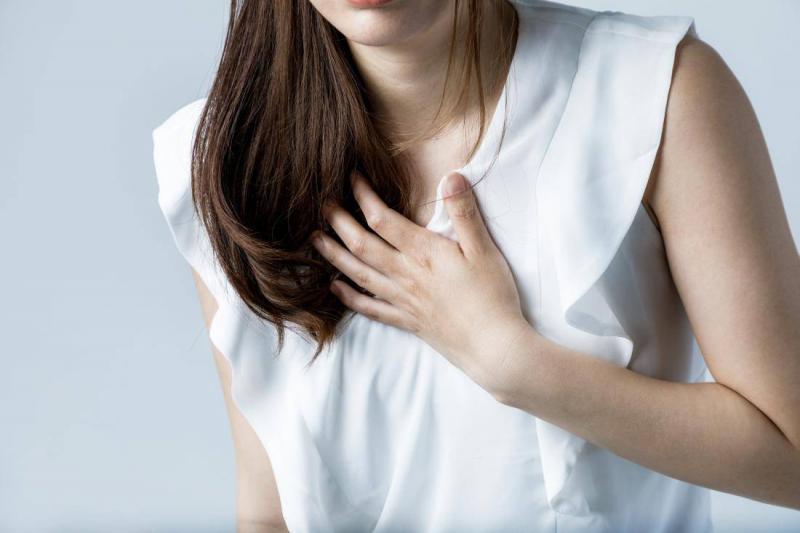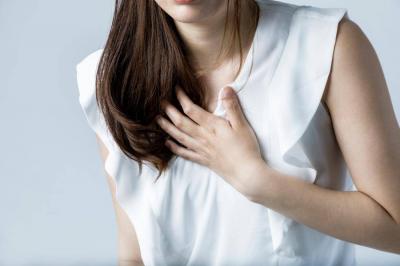Nighttime cardiac arrest can be particularly fatal, and new research indicates it affects women more than men. It is important to note that sudden cardiac arrest occurs due to an electrical malfunction that causes the heart to stop beating.
Researchers report that the survival rate from out-of-hospital cardiac arrest is only 10%. Dr. Sumit Chugh, the lead author of the study, stated, “Dying suddenly during the night is both perplexing and devastating. We were surprisingly encouraged to find that being female is an independent predictive factor for this serious health condition.” According to the study, between 17% and 41% of the 350,000 cases of sudden cardiac arrest in the United States occur between 10 p.m. and 6 a.m.
The researchers analyzed data from over 3,200 cases of daytime sudden cardiac arrest and 918 nighttime cases. They found that slightly more than 25% of the cases involving women occurred at night, compared to nearly 21% for men, as reported in a study published online on January 19 in the prestigious journal Heart Rhythm. Additionally, the study's authors noted the need for further research to understand the reasons behind the increased nighttime sudden cardiac arrest risk in women, including whether any components of the respiratory system play a role.
The results showed that lung disease was more common in individuals experiencing nighttime cardiac arrest compared to those with daytime cardiac arrests. Moreover, those who had nighttime cardiac arrests were more likely to be current or former smokers than others. Dr. Chugh said, "We found that the prevalence of chronic obstructive pulmonary disease and asthma was significantly higher among the cases of sudden cardiac arrest at night compared to daytime cases, regardless of gender." He added, "Medications that affect the brain, including sedatives and pain relievers, some of which can depress respiration, were found to be used more frequently by people who experienced nighttime cardiac arrest compared to others."
In conclusion, the research team indicated that their findings suggest that physicians may need to be cautious when prescribing sedatives, pain relievers, and antidepressants to patients at high risk for nighttime sudden cardiac arrest, especially women.




